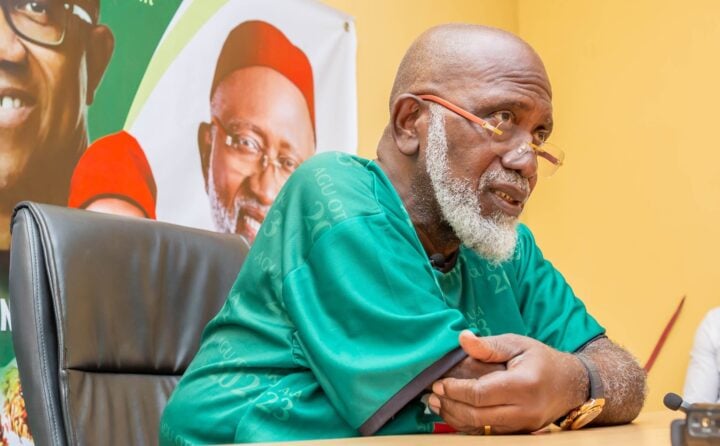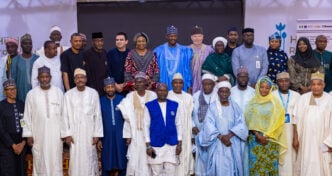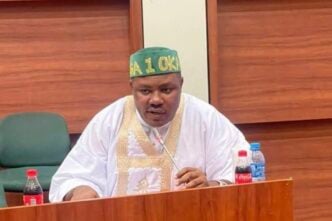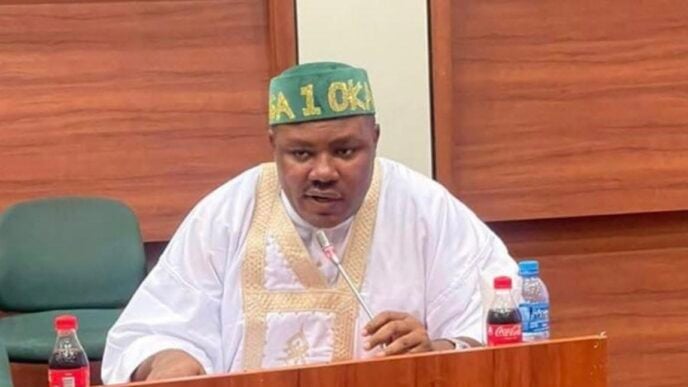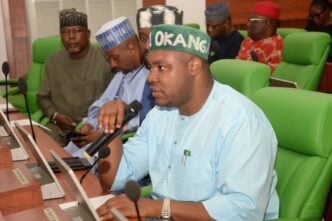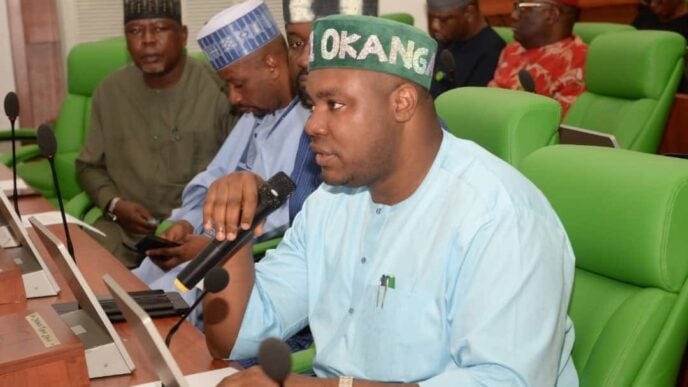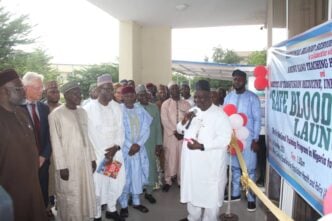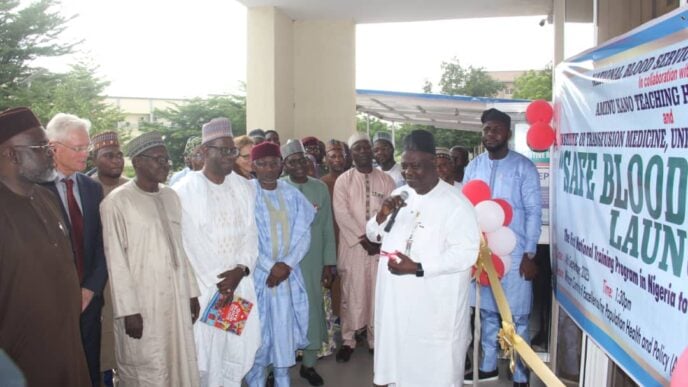Athan Achonu, the former senator and Labour Party governorship candidate in Imo state, says Nigeria must constitutionalise zoning of the presidency across the six geopolitical zones to guarantee inclusivity and political stability.
Speaking at a press briefing on Monday, Achonu said constitutionalising the zoning arrangement would end recurring tensions around succession and ensure no part of the country is marginalised.
“To achieve lasting inclusivity and stability, our zoning arrangement must be constitutionalised. It should be made operational not just for the north and south, but to deliberately rotate the presidency amongst the six geopolitical zones, starting with the two zones (south-east and north-east) who have not held that position since our democratic dispensation.,” he said.
Achonu said when the rotation reaches any zone, the region should be allowed to serve its full eight years.
Advertisement
He added that if a president underperforms, the other five zones should have the power to trigger impeachment, but the replacement must still come from that same zone.
“This is to ensure stability, and not when one zone is ruling, another person from a different zone will jump into the ring to scatter it, thereby causing instability and unnecessary political tension,” he said.
“Therefore, the zoning arrangement should be constitutionalised. This ensures no zone is marginalised and guarantees that every zone presents its best and brightest in every election cycle.”
Advertisement
The former lawmaker said his proposal is not driven by partisan interest but by his long-standing desire to see Nigeria achieve unity and good governance.
Achonu also urged the federal government to prioritise diaspora voting, describing it as a crucial step toward electoral inclusivity.
He proposed “an immediate law to ensure electoral inclusivity for every Nigerian, regardless of their location”.
The former senator recalled sponsoring a bill in the senate to grant Nigerians abroad the right to vote, adding that their role in the nation’s economy makes their disenfranchisement unacceptable.
Advertisement
“It is worthy to highlight the rising significance of the Nigerian diaspora to the nation’s economic development, where it is on record that the official remittances from Nigerians abroad hit $20.93 billion in 2024, 4-times the value of Nigeria’s Foreign Direct Investment (FDI) for the same period,” he said.
“It is a paradox that Nigerians in the diaspora, who are monumental contributors to our economy through remittances and knowledge transfer, are disenfranchised.
“They live in advanced economies whose electoral systems are refined, they know the significance of good leadership, and their votes can shape our Presidential elections for the better. With current technology, it is laughable that we have not created a secure digital platform for them to vote.”
Achonu also commended the July 2024 supreme court judgment affirming financial independence for local governments, calling it one of the “most significant advances in Nigerian democracy since 1999”.
Advertisement
He said the autonomy would only be meaningful if the Independent National Electoral Commission (INEC) — not state electoral bodies — conducted local government elections.
He also urged civic groups like the Nigeria Labour Congress (NLC) and Nigerian Bar Association (NBA) to monitor local council funds, adding that “grassroots accountability” is vital for development and security.
Advertisement
The ex-lawmaker said while President Bola Tinubu was right to remove fuel subsidy, state governors have not been transparent in utilising their share of the proceeds.
“Most governors have shown no convincing evidence of using these funds to impact human development. Immunity makes them unaccountable,” he said.
Advertisement
“That is why more allocation should go to local governments who can be held responsible in court.”
He backed the 30 percent local processing requirement for raw materials before export, saying it would generate jobs, build technology capacity, and reduce illegal mining.
Advertisement
He also praised ongoing tax reforms, describing them as key to “reshaping Nigeria’s rentier economy”.

